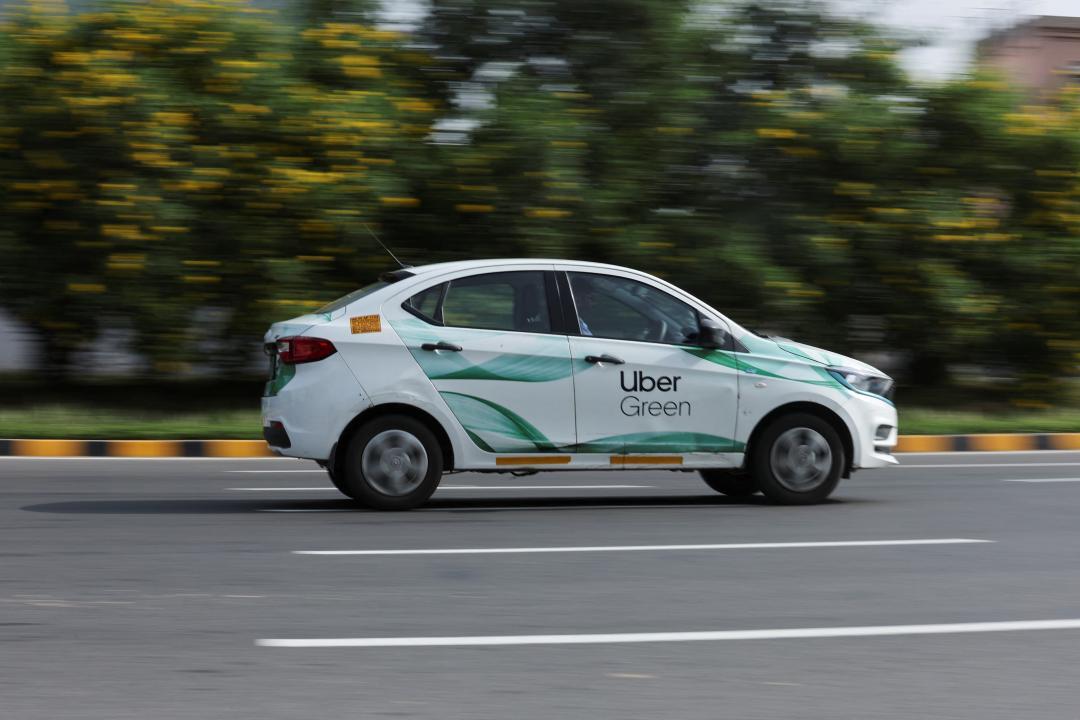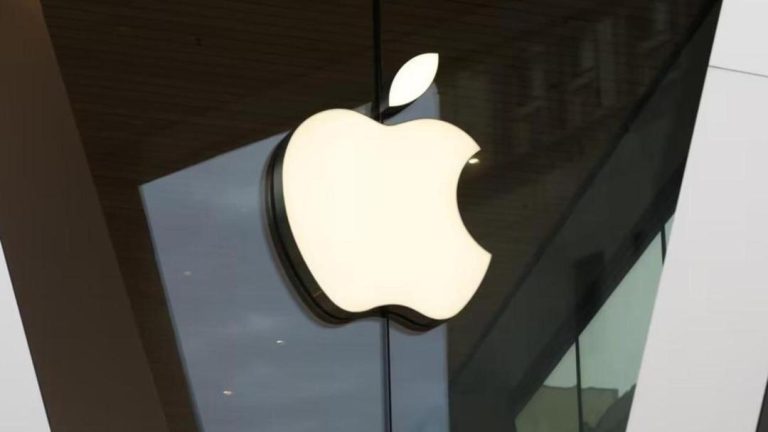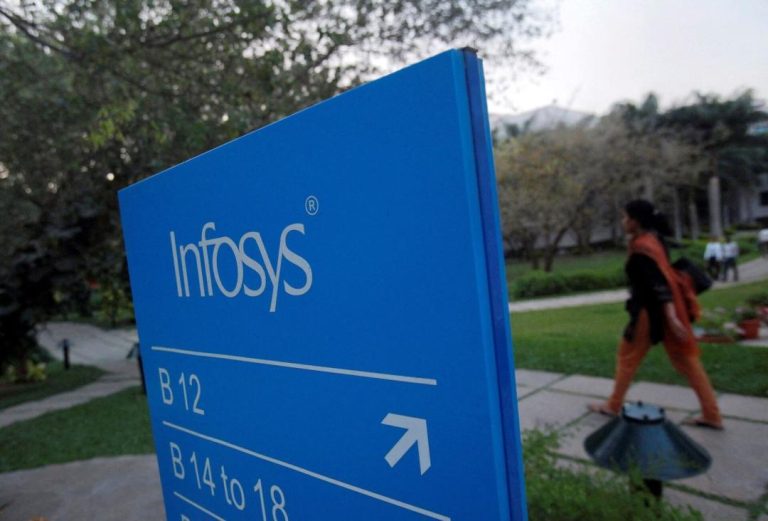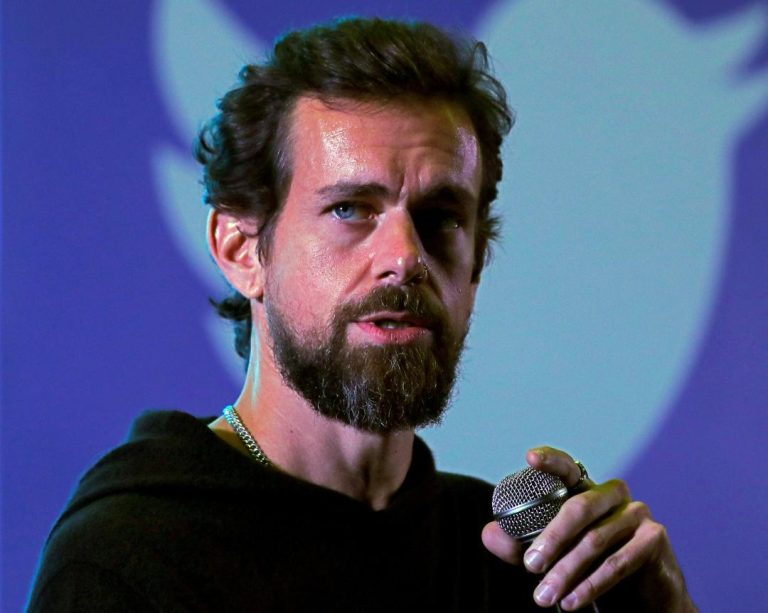
Why are Ola, Uber & Rapido drivers on indefinite strike in Mumbai?
The city of Mumbai, known for its chaotic traffic and endless stream of autos, taxis, and ride-hailing services, is facing a new kind of disruption. Thousands of drivers associated with Ola, Uber, and Rapido, three of the city’s most popular ride-hailing services, have gone on an indefinite strike, leaving commuters frustrated and stranded.
The strike, which began on [date], has resulted in longer wait times and fewer cabs on the road, making it a nightmare for people trying to get around the city. But what’s behind this sudden decision by the drivers to down tools? The answer lies in their financial struggles, which have been exacerbated by rising fuel and maintenance expenses.
According to reports, the drivers are demanding better compensation and a reduction in the commission charged by the ride-hailing companies. The drivers claim that after deducting the aggregator commission and fuel expenses, their actual income falls to just ₹8-12 per kilometre. This, they say, is unsustainable, and they are not willing to work under these conditions.
The strike has been called by the Mumbai Taxi Chalak Sangh, an association of taxi drivers, which represents thousands of drivers associated with Ola, Uber, and Rapido. The association has been demanding a reduction in the commission charged by the ride-hailing companies, which they claim is eating into their profits.
“We are not asking for the moon. We just want a fair deal,” said a representative of the Mumbai Taxi Chalak Sangh. “The commission charged by the aggregators is too high, and we are not able to make a living. We are asking them to reduce the commission and give us a better share of the earnings.”
The drivers are also demanding better insurance coverage and a mechanism to report and resolve disputes with passengers. They claim that the current system is biased towards the ride-hailing companies, and they are often left to bear the costs of accidents and damages.
The strike has had a significant impact on daily life in Mumbai, with commuters forced to rely on other modes of transport, such as buses and autos, to get around the city. The disruption has also hit hard the city’s economy, with many people forced to take the day off or adjust their work schedules.
The ride-hailing companies have been trying to negotiate with the drivers, but so far, no agreement has been reached. Ola and Uber have both issued statements, saying that they are committed to finding a solution to the crisis, but the drivers are not willing to budge.
“We are working closely with the drivers to resolve the issues and ensure that their concerns are addressed,” said an Ola spokesperson. “We understand the importance of the drivers and the role they play in our business, and we are committed to finding a solution that benefits both parties.”
For now, the strike remains ongoing, and commuters are forced to bear the brunt of the disruption. It remains to be seen how long the strike will continue and what kind of solution can be found to address the drivers’ demands.






